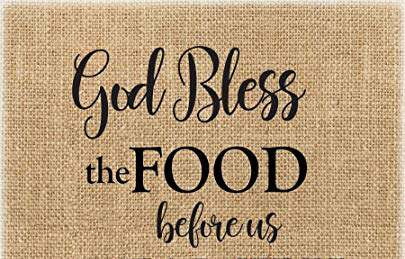Chinese Valentine’s Day has come and gone. In your friends’ WeChat feeds, you may have seen this: friends getting diamond rings and friends getting engaged. When you take a closer look, you may see something incredible.
“Her fiance looks as tall as her! I thought she only wanted to date someone who was at least 6 feet!”
“His fiancee isn’t as pretty as his past girlfriends!””
To the “dismay” of everyone, they seem to be truly in love.
Jokes aside, what happened to their initial requirements?
We often set standards for our ideal partner. Things we like and don’t like. Things we can and cannot accept. We use these as “deal breakers” as guidelines for dating.
We could say that our deal breakers are a product of our experiences and the environment we grew up in. They are qualities that we can’t accept in a person or ones that we would find hard to accept.

Simply put, if another person possessed these deal breakers, even if the seemed perfect on the outside, you would never truly be happy in the relationship with them. But, how do we determine what our deal breakers are? We limit ourselves if we have too many, but we do ourselves an injustice if we have none. What should we do?
We’re going to share two real stories from clients about their issues with deal breakers.
Don’t blindly assume and let an opportunity slip away
Martin is 6’, unmarried and a university professor in Southern California. Betty operates three businesses and has a 10-year-old daughter. Both of them are nearly 40-years-old. Martin hopes that his future partner ‘knows her stuff’ just like him. As for Betty, she believes that a partner is someone to wait for, and isn’t something that can be forced. Martin told us frankly that, even though he appreciates Betty’s gentle demeanor and capability to manage what she is doing, he fears that they’ll have nothing in common in the future because of their differences.
Jessica, matchmaker for 2RedBeans, realized that both had questions for each other. The level of education is definitely important for Martin, but is it important enough to be a deal breaker? After their one-on-one consultation, Martin revealed that his main fear is that the difference in their level of education would leave them with little in common. So, in reality, Martin’s deal breaker wasn’t the difference in education levels, but a lack of commonality.
Even though Betty isn’t as educated as Martin, her entrepreneurial spirit and ability to communicate were strong. To add, she is also a good listener. Smart and capable, she doesn’t put people down. She knows how to strike a balance between work and family as well. These are the qualities Martin looks for. What’s more, the fact that she’s divorced with a daughter doesn’t bother Martin in the least.
Through the work that Jessica put in, Martin and Betty had their first date. Having gone smoothly, it wasn’t long before they developed feelings for each other. Graduating from daily 2 hour calls, Martin had Betty and her daughter move into his apartment. Within eight months, they became a family.
If Martin had insisted on the education level for his partner initially, he would have missed out on having Betty in his life. More often than not, we need to sift through what is really important to us before deciding what qualifies as deal breakers.
I finally found you, the one with the same life credo as me
Allen and Carolyn both had their fair share of bumpy rides in each of their past relationships. Allen is a Christian and a second-generation immigrant here in America. He’s attended Sunday schools since he was young and is a devout Christian. Even though his family doesn’t impose any restrictions about the religion of the women he dates, he inevitably gets into irreconcilable conflicts with non-Christian women.
Carolyn was baptized in America while pursuing her PhD and, similarly, she’s gotten into irreconcilable conflicts with the men she’s dated. These differences in beliefs caused her to lose confidence in finding a life partner.

“Should we only devote our time on dating someone who is Christians as well?” This question bothered both of them. Allen approached 2RedBeans with that in mind. To him, living together with someone who couldn’t understand his faith is a deal breaker. To many devoted, religious people, the inability to understand and accept the differences in their faith can lead to serious conflicts.
With this in mind, our matchmakers went to work. When looking for a suitable date for Allen, they focused on religion first. During this process, our matchmakers found Carolyn. Like many other clients, they went to a restaurant on their first date . The difference her was both parties gave a prayer before they started eating. To them, finding someone with similar practices and beliefs gave them a sense of relief.

Sometimes, the things that we can’t accept in the beginning tend not to bother us as time goes on, and the small things that we thought we could accept start to haunt us. What’s more important, and difficult to do, is to set aside the pre-requisites and standards set by others and ask ourselves what exactly we want. We should try to be more open-minded to understand people in order to find out what exactly our deal breakers are. Hopefully, based on the two stories, you have a better understanding about the process to do so.
The must haves and must-not-haves are built through an objective thought process.
What are your deal breakers? Leave them down in the comments below!
Do you want to find someone you want to meet in your life?
Don’t want to spend so much time chatting with random people online?
Click here for a free one-on-one consultation with our matchmakers!
